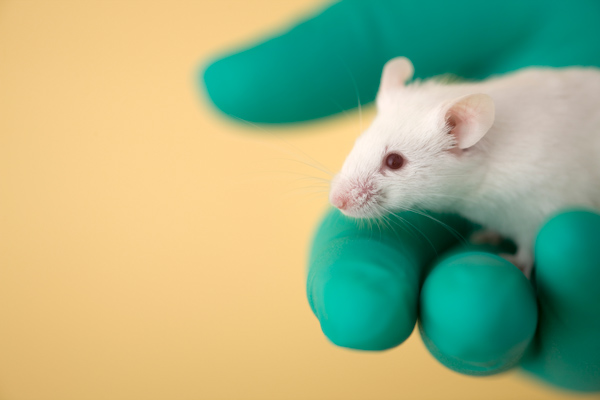Animal Research
Improving Health for a Better Future
Practically every drug, treatment, medical device, diagnostic tool, and cure we know of has been developed with the help of laboratory animals. Still, there is so much more that needs to be done to improve existing treatments and to discover new ones.
As a major research institution, the University of Utah is dedicated to advancing science and medicine to improve the health of people, pets, and livestock. Some of the most important laboratory work on campus involves research with animals. In addition to conducting medical and discovery science, federal guidelines require assessing most new drugs and many new medical devices with animals before they can be offered to patients in clinical trials.
The University of Utah is devoted to high quality science and recognizes that it is inseparable from humane animal care. We are committed to responsible and ethical research and follow rigorous guidelines to meet the highest standards of animal welfare. Within this website, learn more about our procedures — from initial review of proposed research to partnerships with regulatory agencies — and the cures, treatments, and knowledge made possible by animal research.
Resources
Animal Research Matters
Learn how the lives of people and our pets are saved with animal research.


